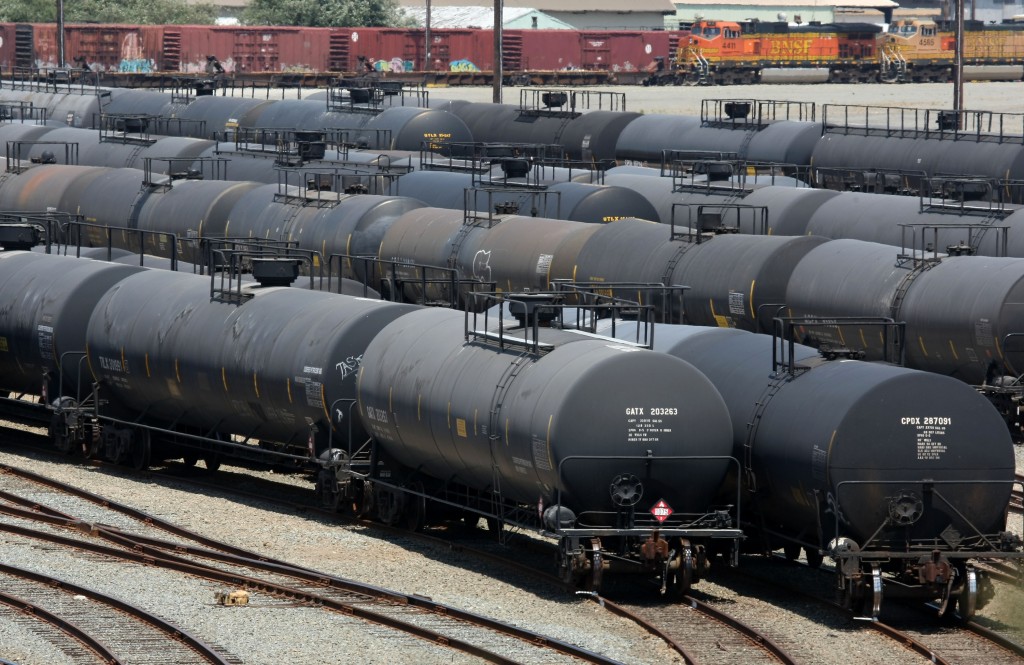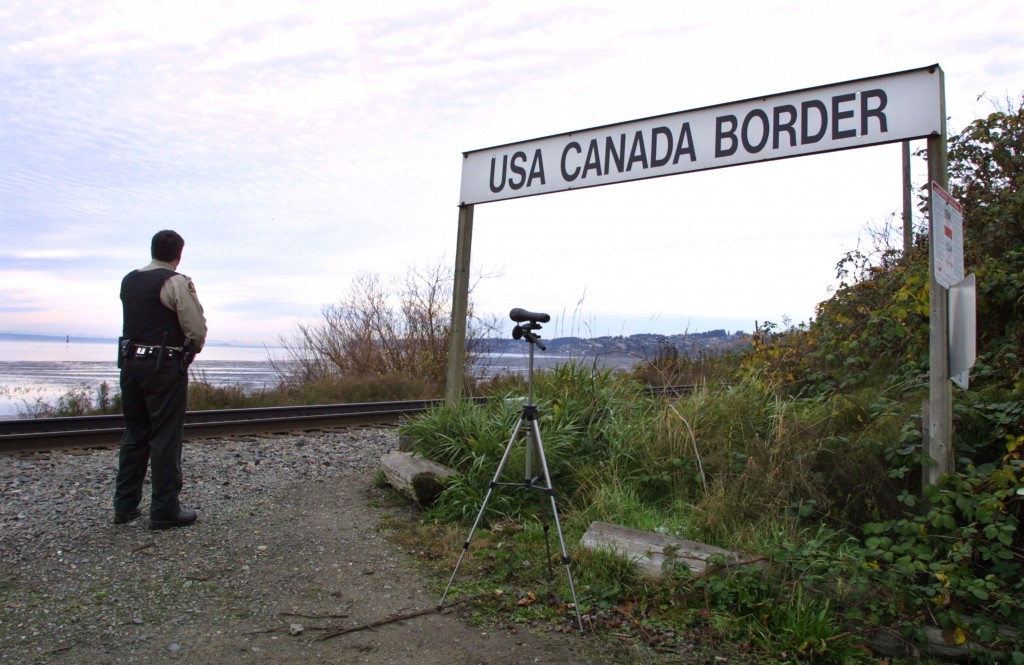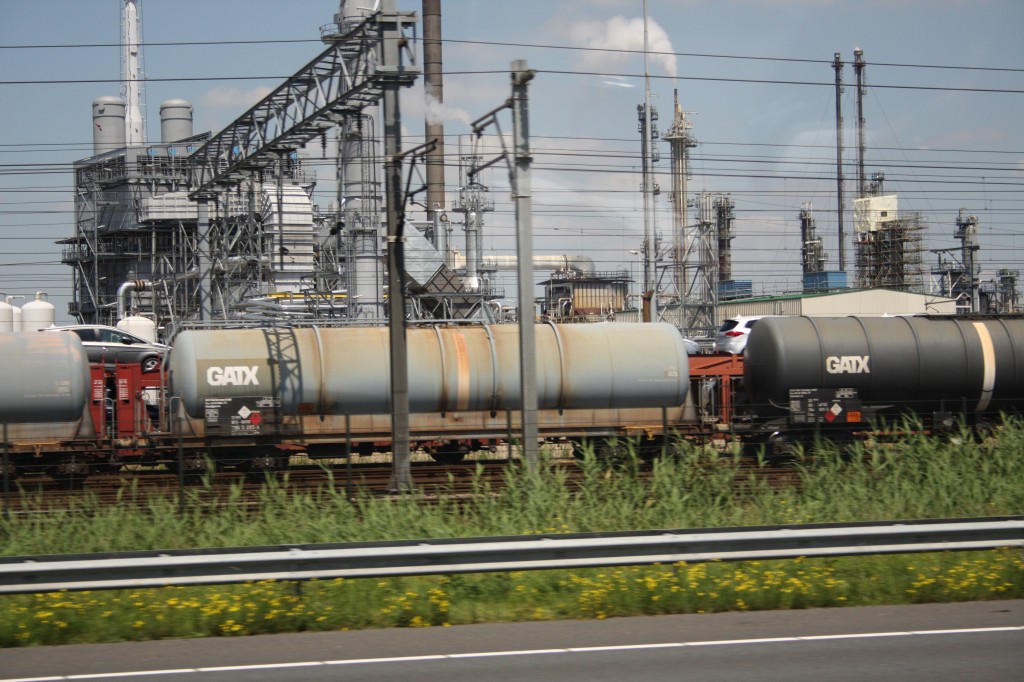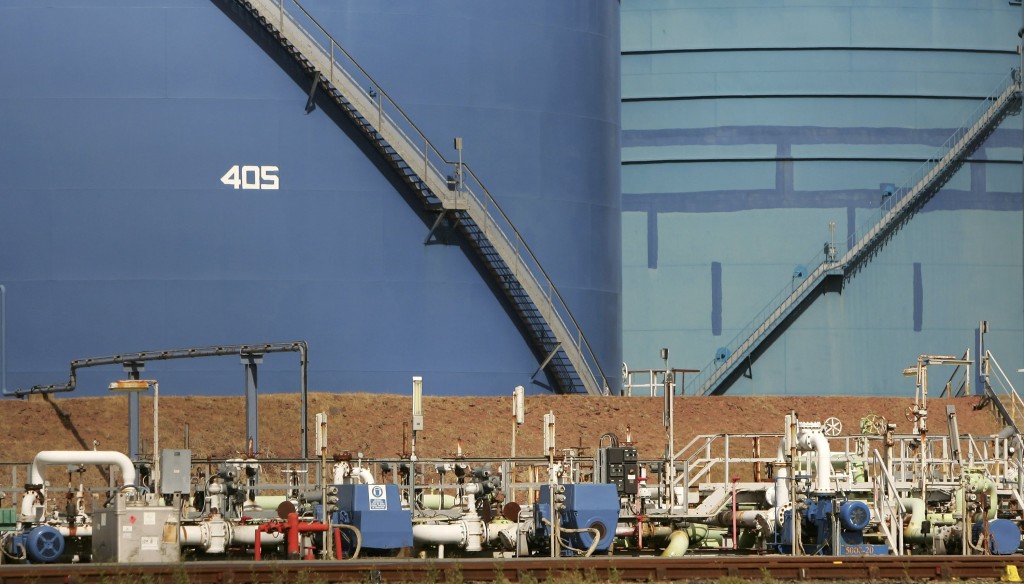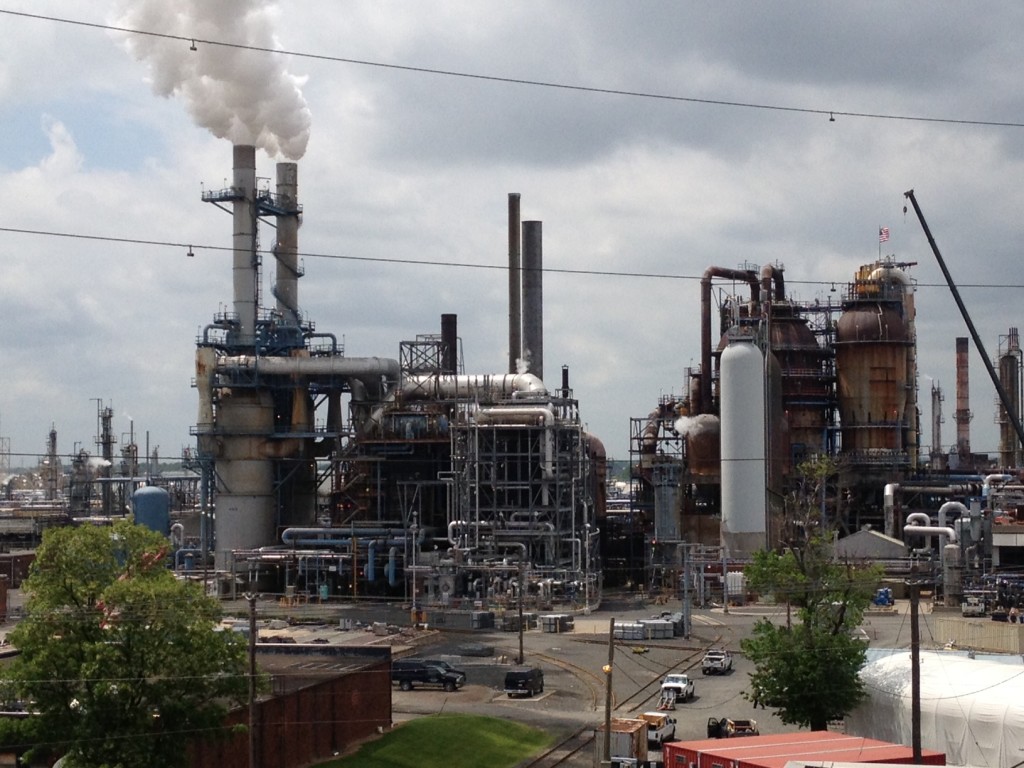The Obama administration late last week put out a final safety rule on moving flammable liquids by rail, a subject of concern with the growth in crude by rail. Critiques were plentiful on the high-stakes issue. From the green side, Sen. Maria Cantwell (D-Washington) blasted the new regs, done in concert with Canada, as “more of a status… Keep reading →
Search results for: "crude by rail"
Sign up and get Breaking Energy news in your inbox.
We will never sell or share your information without your consent. See our privacy policy.Energy News Roundup: German Fracking Reg Loopholes, Algerian Gas Output to Increase & Wyoming Crude by Rail Debate
By Jared AndersonGermany is drafting strict anti-fracking regulations, but fracking opponents say the current plan doesn’t go far enough, citing loopholes regarding depth and fracking fluid chemistry. “Although the proposed policy has the protection of public health and drinking water as its highest priority, the fracking ban only applies at a depth shallower than 3000 meters. Additionally,… Keep reading →
Ed. note: This is a weekly column by Elie Mystal, Managing Editor of Above the Law Redline. This space will focus on the laws that exist, should exist, and should be put out of their misery. OVER-REGULATED: The Pipeline That Won’t Die: How about we agree to build the Keystone pipeline, but only send beer… Keep reading →
Energy Quote of the Day: ‘It’s Likely a Business We’re in Long-term Irrespective of Keystone’
By Jared AndersonLong viewed as a more expensive short-term solution to pipelines, it appears transporting crude oil via rail is likely to continue in conjunction with pipeline infrastructure. As North American oil production crept steadily higher over the past several years, the output surge overwhelmed existing pipelines and producers turned to railroads to move their product.… Keep reading →
The US became a net-exporter of oil products like gasoline and diesel fuel in 2011 for the first time since 1949 and oil product exports have steadily increased since that point. US refiners found a new lease on life – after several East Coast refinery closures – by purchasing Bakken crude at a discount to… Keep reading →
It’s been boom or bust for US East Coast refiners in recent years. While several plants shut down, others adapted their logistics to benefit from shifting supply and market dynamics. The shut downs increased surviving operators’ market share, while access to cheaper Midcontinent feedstock combined to strengthen margins and profitability in some cases. Sheer size… Keep reading →
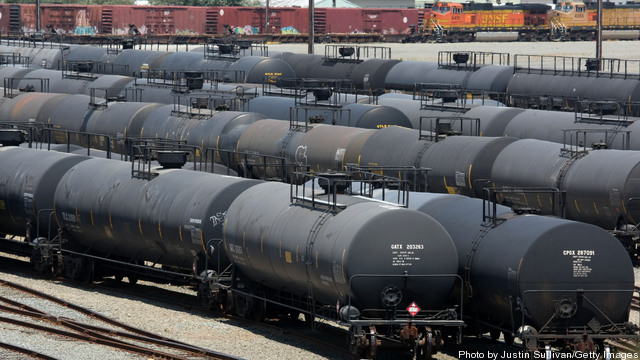
US refining economics have been under pressure in recent years, particularly on the East Coast, where lack of infrastructure or bottlenecks forced some refineries to process crude imported from overseas markets at prices linked to the more expensive Brent benchmark. But independent refiner PBF Energy saw an opportunity and bought 3 major facilities between late 2010 and early 2011 in an effort to access increasing volumes coming on from the Bakken region and Western Canadian oil sands via rail.
PBF acquired 2 refineries located in Delaware City, Delaware and Paulsboro, New Jersey from Valero with a combined refining capacity of 370,000 b/d. Crude was traditionally transported to these plants via barge and ship along the Delaware River, but PBF constructed a crude rail unloading facility at the Delaware City refinery designed to accept shipments from the Mid-Continent and Western Canada at prices linked to West Texas Intermediate – the US benchmark grade – currently trading at a roughly $20/barrel discount to Brent. Keep reading →
